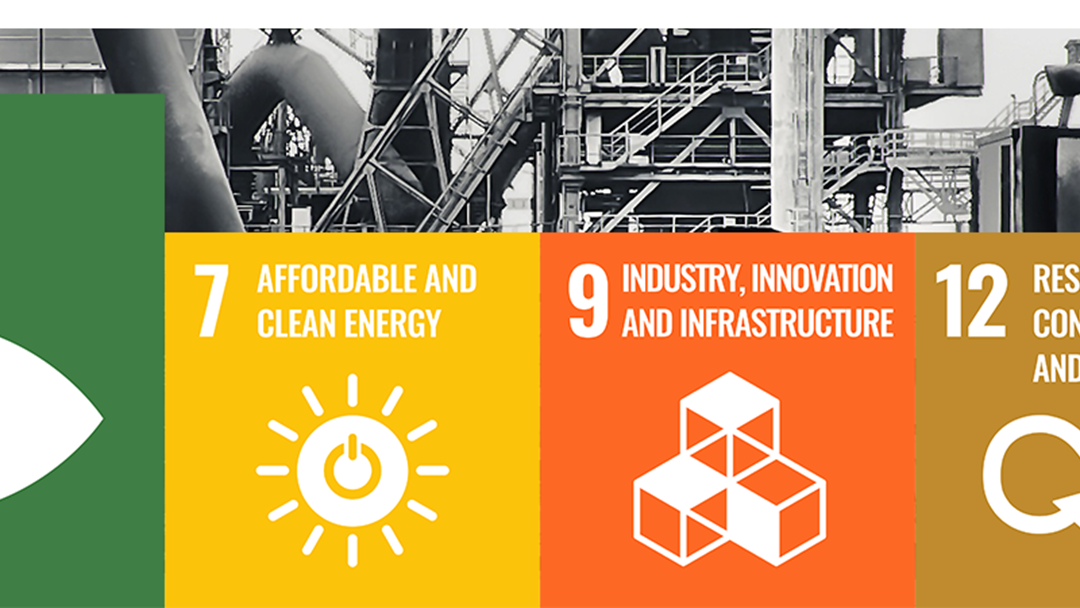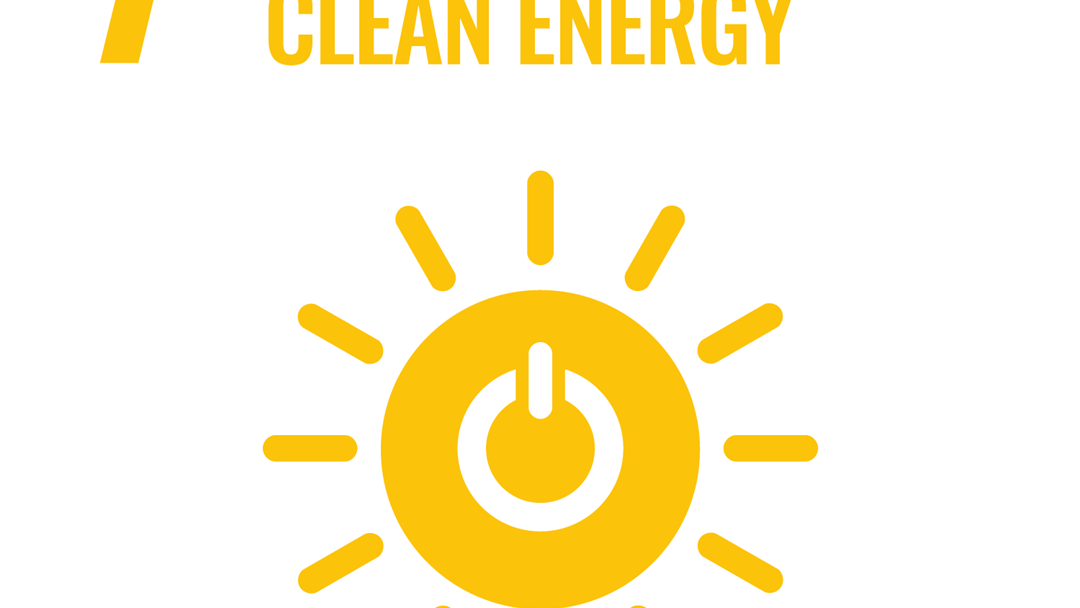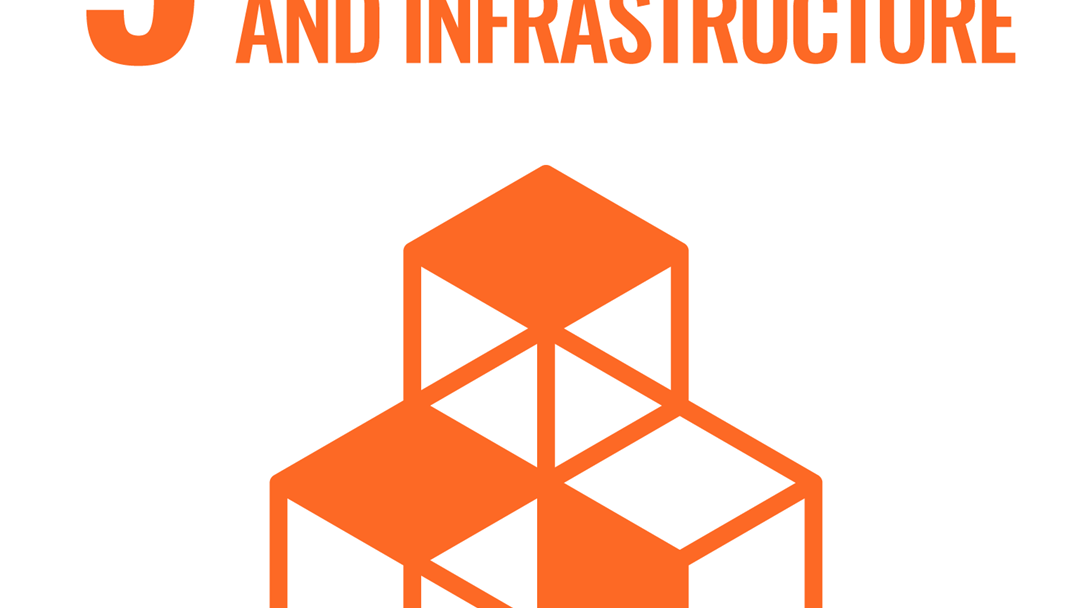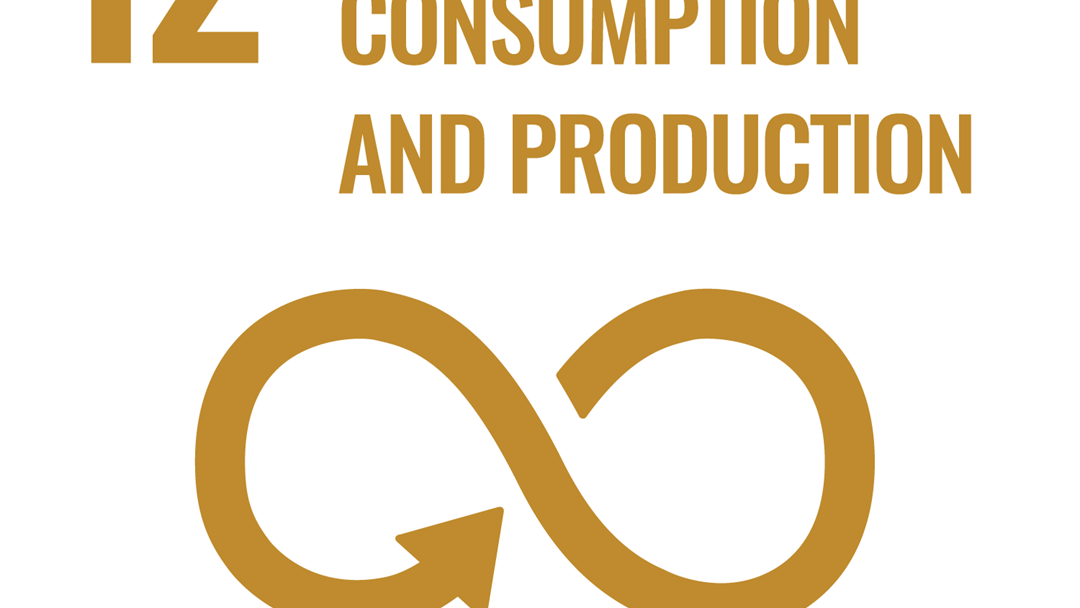HighEFF Impact on Sustainability
By increasing energy efficiency, value creation and competitiveness, while decreasing greenhouse gas emissions in a broad span of industrial processes across sectors, HighEFF has an impact on all 17 UN sustainable development goals (SDGs). Still, no one organisation, research centre or person can hope to significantly impact everything. We have chosen to focus on four SDGs where we hope to achieve signicant impact through our research; 13, 12, 9 and 7.


The climate is changing at dramatic speeds and we need to mitigate and adapt quickly. As a Research Centre for Environment Friendly Energy (FME), the most important job of HighEFF’s research is to contribute to reaching SDG number 13.
Many of the products and processes we as a species are most dependent on are extremely energy consuming and/or produce large amounts of GHG emissions. Through HighEFF research we aim to enable at least a 10% reduction in GHG emissions from industrial processes by 2024 and enable a 20-30% reduction in specific energy use. This will have a significant impact on mitigating climate change effects from industries across the world.

Reaching climate goals requires access to clean, affordable energy. Two of the sub-goals for SDG 7 are increase international collaboration on research related to clean energy and doubling the world’s energy efficiency by 2030.
Through HighEFF being a Research Centre for Environmentally Friendly Energy, having an international consortium and by reaching the GHG reduction and energy efficiency goals, HighEFF will have a significant impact on SDG 7.

The SGDs are all dependent on cutting edge industrial innovation, one of the prime objectives of HighEFF. Together with industrial partners from a wide range of sectors, our research breeds new knowledge and innovation on components and processes to make industrial processes more energy efficient.
Not only is this important for mitigating climate change and more responsible use of resources. It also brings down costs which in turn increases competitiveness, making it very attractive to adapt HighEFF innovations from a business standpoint as well as sustainability standpoint.

We must use the worlds limited resources more responsibly and efficiently, this in regards to both production and consumption. Enabling 20-30% reduction in specific energy use in industrial processes means industrial actors will be able to produce the same amount with 20-30% less energy.
In a world where poverty is declining, and consumption levels are rising, energy- and resource-efficient production will be key.
